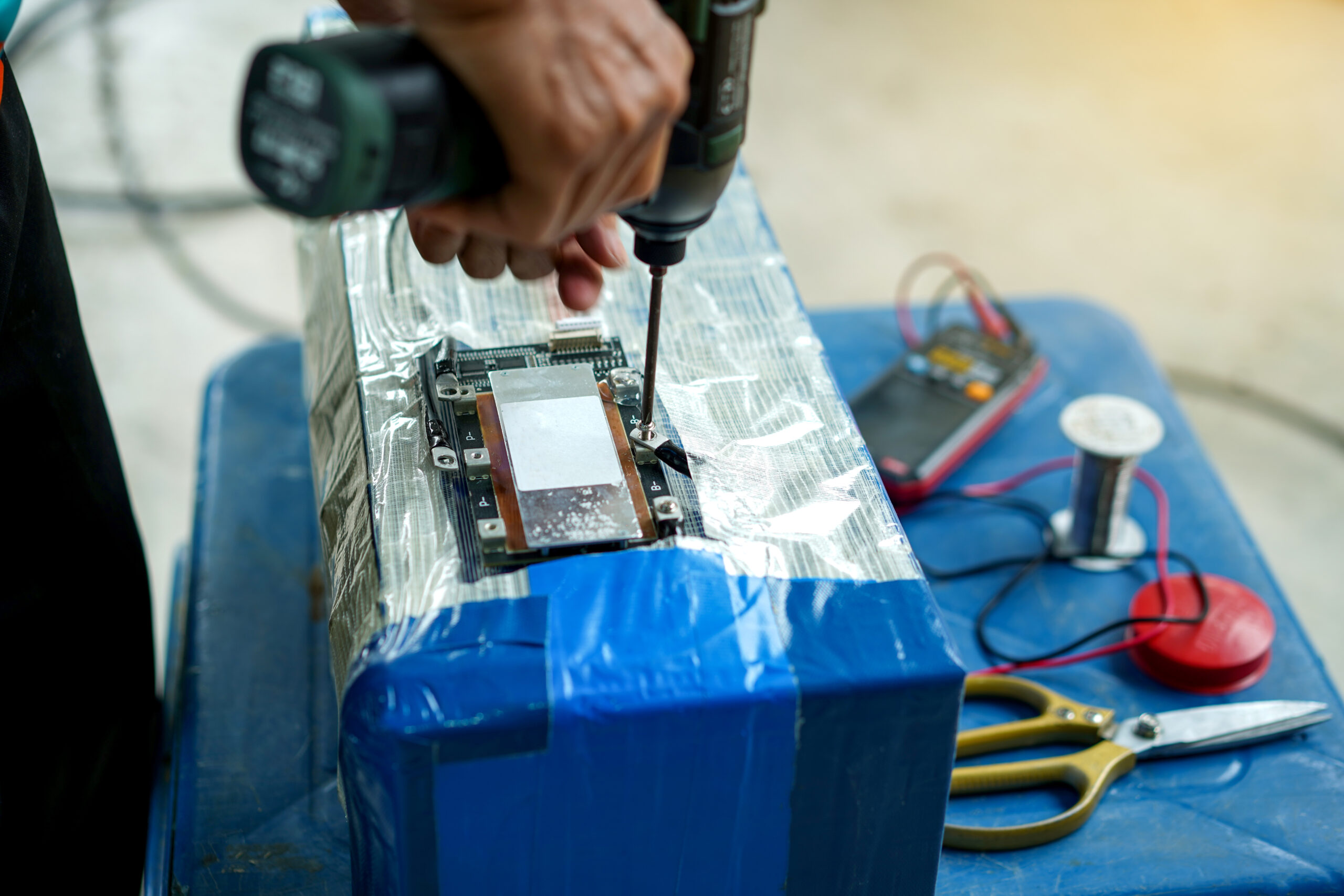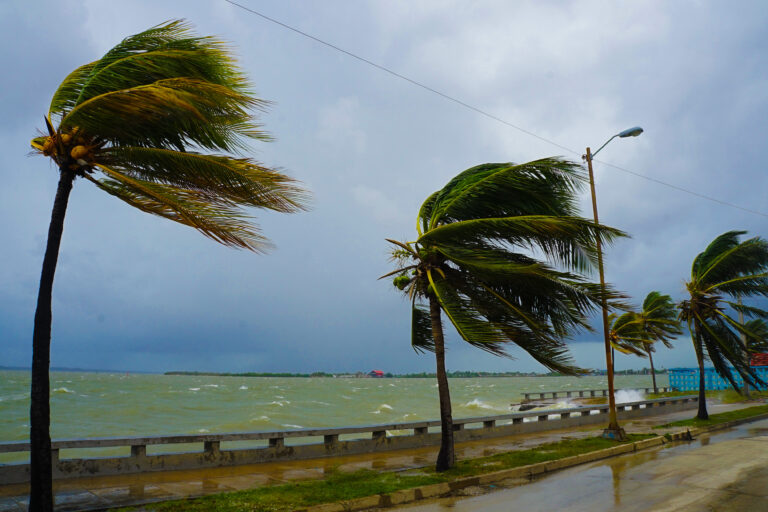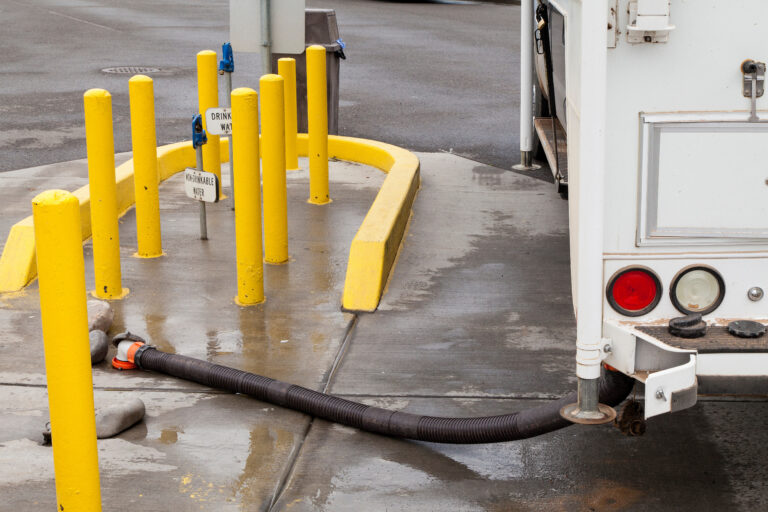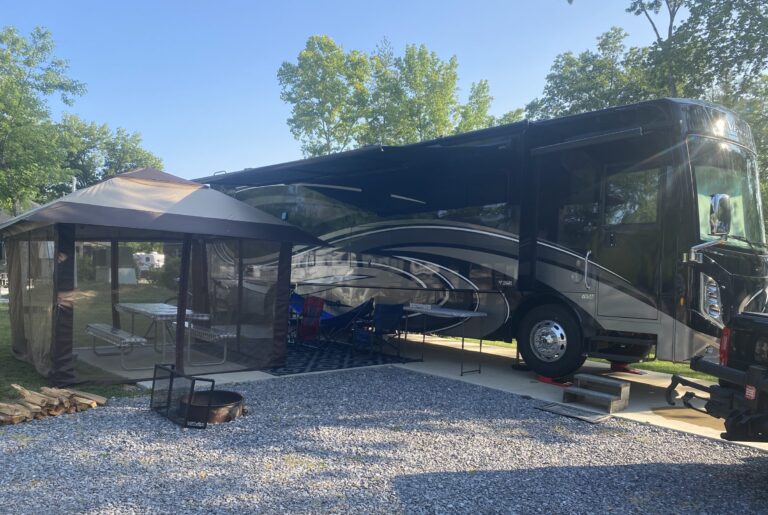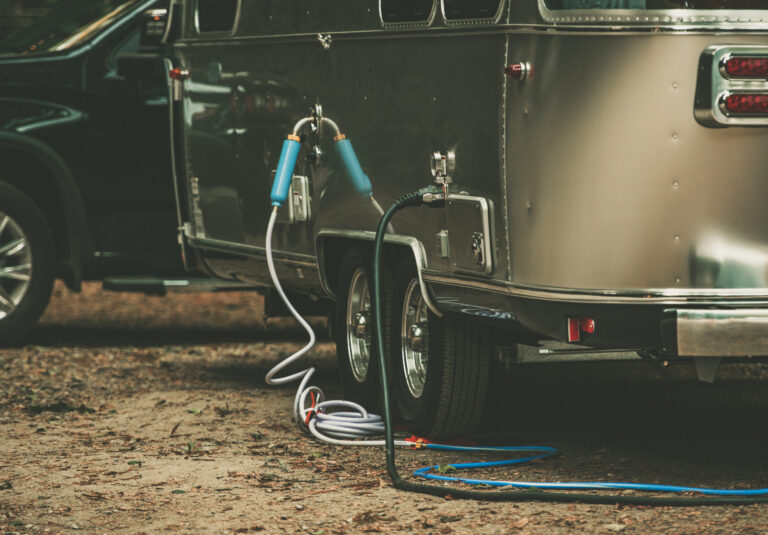Lithium Without Tears: Smart Paths to Upgrade Your RV Batteries
I’ve been around the RV block a few times, and if there’s one thing I’ve learned, it’s this: a dead battery can ruin your day faster than a raccoon in your garbage bin. So let’s talk about upgrading your RV batteries to lithium without pulling your hair out or emptying your wallet.
Why Choose Lithium RV Batteries? Power and Efficiency
Why care about lithium? They’re lighter, pack more punch for their size, and last longer than your grandma’s fruitcake. Lithium batteries can weigh up to ~60% less than lead-acid and maintain a much higher usable capacity throughout their charge. Translation: less stress about power, more stress about where you left the keys.
Lithium-Iron-Phosphate vs. Lead-Acid: Which RV Battery Reigns Supreme?
- Lithium-Iron-Phosphate (LiFePO4): Safe chemistry, long lifespan, minimal maintenance, great performance under load. Higher upfront cost, but fewer headaches later.
- Lead-Acid (Flooded, AGM, Gel): Cheaper upfront and easy to find. Heavier, lower usable capacity, and they need more TLC.
Real talk: if you’re out often or full-time, lithium’s convenience and lifespan can justify the cost. If you’re a weekend warrior on a tight budget, lead-acid still works.
Safety First: Preventing Lithium Battery Fires in Your RV
Horror stories exist—but they’re rare and usually tied to poorly managed systems. Use a quality Battery Management System (BMS), buy reputable brands, fuse correctly, and follow the install instructions. Your BMS is the bouncer keeping things from getting rowdy.
Environmental Impact: The Green Side of Lithium RV Batteries
Over the long haul, lithium’s efficiency and lifespan mean fewer replacements and less waste. That said, be a responsible human: choose brands with recycling programs and dispose of old batteries properly.
Charging Challenges: Integrating Lithium Batteries into Your RV
The biggest “gotcha” is compatibility. Before you buy, check these three systems:
- Converter/Charger: Needs a lithium profile or adjustable voltages.
- Alternator/Vehicle Charging: Use a DC-DC charger when charging from the tow vehicle to protect your alternator and set proper voltages.
- Solar Controller: MPPT is ideal; set absorption/float per your LiFePO4 spec sheet.
Real Talk: The Cost of Lithium RV Batteries
Lithium is pricey. You’re paying for lifespan, usable capacity, and virtually zero maintenance. It can pencil out over years of use, but only you know your travel frequency and budget.
Final Thoughts: Is a Lithium RV Battery Upgrade Right for You?
If you value efficiency, fast charging, and less maintenance—and you’re on the road a lot—lithium is bliss. If you camp occasionally or want to keep costs low, lead-acid still gets the job done. Assess your needs, then choose the path that fits your travel style.
Recommended Gear for a Smooth Upgrade
12V 300Ah Lithium LiFePO4 Battery
Entry point for most RV electrical systems. Look for an internal BMS and low-temp protection if you camp in the cold. Make sure to choose the size that will fit in your RV.
(Check it out)
DC-DC Charger (Alternator to Lithium)
Prevents alternator overload and ensures proper lithium charging when driving. A must for towables and motorhomes alike.
(Check it out)
Smart Shunt / Battery Monitor
Accurate state-of-charge beats guessing. A smart shunt with Bluetooth gives you real-time data on usage and charging.
(Check it out)
Battery Disconnect Kit
Safety first: Class-T/ANL fuse near the battery and a master disconnect keep your system protected and serviceable.
(Check out Disconnect Switch)
(Check out Battery Fuse)
Heads up: Some of the links in this post are affiliate links, which means I may earn a small commission if you buy through them—at no extra cost to you. Think of it as tossing a tip in the jar so I can keep creating helpful stuff (and maybe upgrade my lighting setup).

